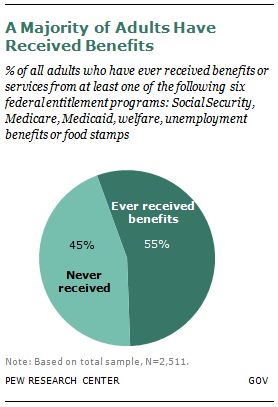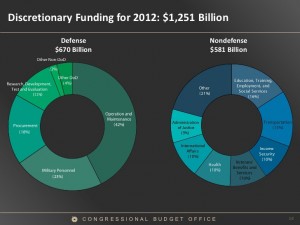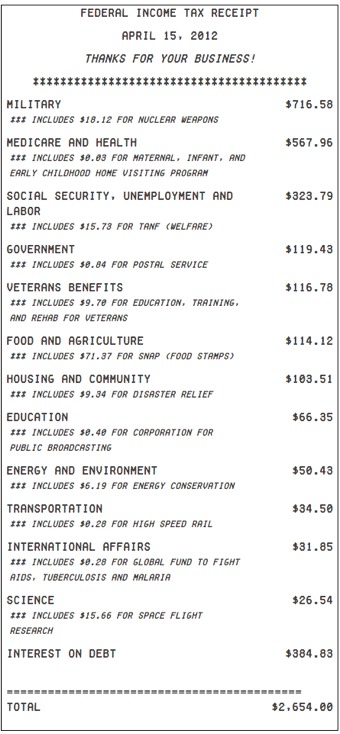 The New York Times printed this opinion piece yesterday by Thomas Edsall yesterday: “When The President is Ignorant of His Own Ignorance.” To read article: Click here
The New York Times printed this opinion piece yesterday by Thomas Edsall yesterday: “When The President is Ignorant of His Own Ignorance.” To read article: Click here
The article catalogs a list of concerns about both Trump and his Cabinet appointees. Not the least of these a concern about Trump’s ability to tell the truth. He notes: “During his first 63 days in office, Trump made 317 “false or misleading claims,” according to The Washington Post. It would be worth learning how they came to that figure.
Edsall provides this summary of the proposed cuts to Discretionary spending:
Discretionary spending, in billions
| Agency | 2017 baseline | 2018 proposal | Change | Pct. change |
|---|---|---|---|---|
| Environmental Protection Agency | $8.2 | $5.7 | –$2.6 | –31% |
| State and other development programs | 38.0 | 27.1 | –10.9 | –29% |
| Agriculture | 22.6 | 17.9 | –4.7 | –21% |
| Labor | 12.2 | 9.6 | –2.5 | –21% |
| Justice | 20.3 | 16.2 | –4.0 | –20% |
| Health and Human Services | 77.7 | 65.1 | –12.6 | –16% |
| Commerce | 9.2 | 7.8 | –1.5 | –16% |
| Education | 68.2 | 59.0 | –9.2 | –14% |
| Transportation | 18.6 | 16.2 | –2.4 | –13% |
| Housing and Urban Development | 36.0 | 31.7 | –4.3 | –12% |
| Interior | 13.2 | 11.6 | –1.5 | –12% |
| Energy | 29.7 | 28.0 | –1.7 | –6% |
| Treasury | 11.7 | 11.2 | –0.5 | –4% |
| NASA | 19.2 | 19.1 | –0.2 | –1% |
| Veterans Affairs | 74.5 | 78.9 | +4.4 | +6% |
| Homeland Security | 41.3 | 44.1 | +2.8 | +7% |
| Defense | 521.7 | 574.0 | +52.3 | +10% |



